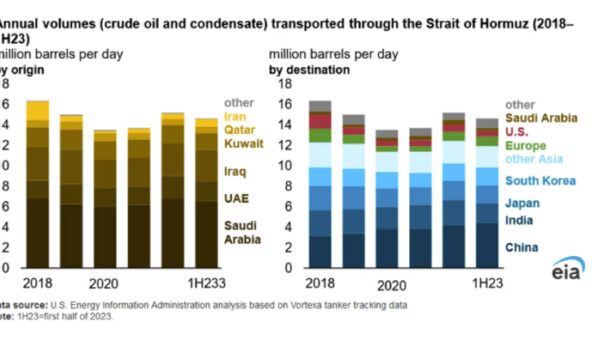The National Bureau of Statistics (NBS) has taken steps towards rebasing the national accounts on 2018/2019 rather than the current 2010. The first step was a listing of business establishments, and the bureau has now begun a survey of the same.
The end-result is likely to be less dramatic than the previous rebasing in Q2 ’14 (from 1990 to 2010). Nominal GDP was revised upwards to the then naira equivalent of USD509bn. It was 89% higher in the new series in 2013.
A listing and survey of businesses will identify new firms, which tend to be clustered in newer and faster growing segments of the economy. One consequence of the last rebasing was that Nigeria became a predominantly services economy. We understand from the newswires that the bureau hopes to introduce the new series in late 2022 or Q1 ’23.
Our hunch is that the share of services (53% in 2019) will gain at the expense of the primary sector/agriculture (25%)
In terms of sectors, information and communications should be a leading beneficiary of the rebasing. The number of active ‘phone lines, more than 95% of which are mobile, almost doubled to 172.9 million in the eight years to December ’18. The same source (the regulator) reports that internet subscriptions increased fivefold over the same period to 111.6 million. Because the market for voice products has matured, the licensed operators have turned their marketing focus to data, and successfully according to their results.
Telecoms dominates this sector but we should not overlook motion pictures, sound recording and music production, which the NBS shows at just 1.0% of constant price GDP in 2019. Given the size and reach of Nollywood, we hope to see a larger share for the segment in the rebasing.
The overlap between the information and comms, and financial and insurance sectors is promising. Nigeria has seen the rapid development of fintech over the period. The ‘bigger picture’ is the steady growth of mobile money, admittedly from a low base after a slow start.
Financial institutions represented just 2.6% of constant price GDP in 2019. This is low for an emerging economy because of relatively low financial intermediation and inclusion.
We understand that there has been an expansion of both mining and solar power over the period under review. It is not clear, however, what impact the growth will have on new national accounts. Our hunch is that the share of services (53% in 2019) will gain at the expense of the primary sector/agriculture (25%), and that the secondary sector will be flattish, with a gain for manufacturing balanced by a retreat by oil and gas.
On the basis of the current data, Nigeria is the largest economy in sub-Saharan Africa. If we use the rate at the investors’ and exporters’ window, it was about USD50bn larger than South Africa in 2019. (Alternatively, we could pluck a parallel rate from the air and come to the opposite conclusion.) The base year for the national accounts for both countries is currently 2010. The South African statistical authorities, of course, can always rebase their accounts, which would surely involve a similar upward revision of GDP.
In the COVID-19 pandemic, a number of statisticians have queried the validity and value of national accounts. There is the broad issue that much of the information is traditionally gathered on a face-to-face basis in advanced and emerging economies. Then there are the new challenges of measuring the output, for example, of teachers who provide e-learning for pupils.
In Nigeria’s case, the contraction of the economy due to the pandemic will be less harsh, and the ensuing rebound more muted than in most peer economies. It has a large informal economy that is relatively insulated from the headwinds. In the absence of a sizeable tourism industry, the movement of people across borders is on a far smaller scale than in peers.



















































You must be logged in to post a comment Login